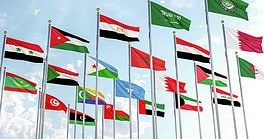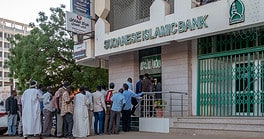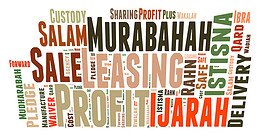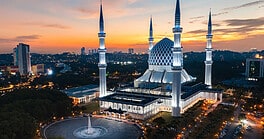Already pressed fiscally, Oman’s new leader will need to walk a fine line to restore growth and avoid domestic unrest.
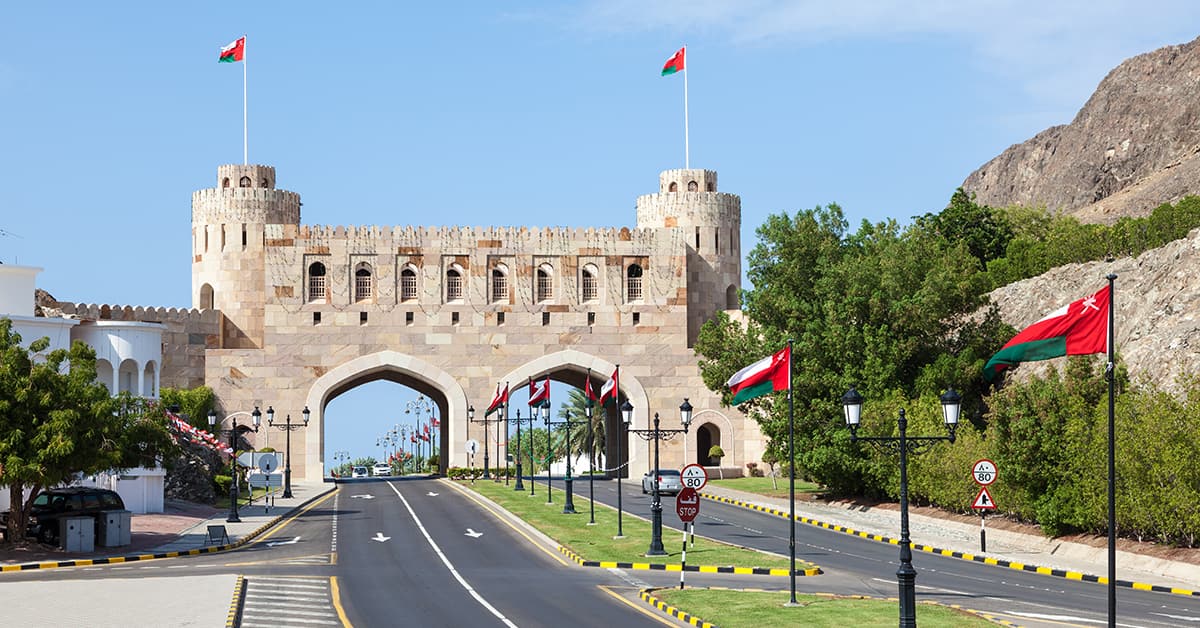
When Haitham bin Tariq Al Said was enthroned as Oman’s sultan 15 months ago, he wasted no time putting the economy front and center of his reform plans. But proposed spending cutbacks are meeting with resistance.
The sultanate remains hugely dependent on oil and gas, which account for 76% of government revenues, S&P Global Platts calculates. Deteriorating public finances, thanks in part to Covid-19, have made cost control urgent, leaving the government little room for maneuver. This year’s budget envisages a $7.5 billion reduction in spending, the Economist Intelligence Unit (EIU) says.
Oman reportedly secured a $2.2 billion loan from international banks in February, following a $3.25 billion infusion of international bonds earlier this year and $1 billion in direct financial support from Qatar in October. However, at around $20 billion per annum, according to Capital Economics, Oman’s public sector financing needs remain capacious, suggesting the debt binge will continue.
The International Monetary Fund (IMF) said in a report on its January virtual mission that hefty borrowing saw government debt mushroom to 81% of GDP last year while GDP declined 6.4%. The IMF reported that fiscal and current-account deficits have spiraled to 17.3% and 10% of GDP respectively. Worsening finances could force Oman to seek a bailout from its wealthier neighbors—but at what political cost?
Bailouts usually come with demands for austerity, which means Oman must rewrite a longstanding social contract with its citizens. That in turn may fuel demands for political liberalization. Ditching expensive subsidies is going to be contentious—even if, as the IMF argues, they can be retooled to target the most vulnerable.
Reaching for Reforms
The government’s response to the economic crisis thus far includes its Medium-Term Fiscal Plan (MTFP) for 2020-2024 to reduce the fiscal deficit by boosting non-oil revenues. Oman is set to introduce a 5% value-added tax this month, in line with an accord reached by all six GCC member states in 2017, but implementing wider reforms may be too tall an order.
“Several MTFP targets are unlikely to be met, given political concerns around public discontent with spending and hiring cuts,” says Pat Thaker, editorial and regional director for the Middle East and Africa at the EIU. The plan includes cutting the fiscal deficit to about 1.7% of GDP by 2024 and imposing a personal income tax on high earners in 2022. That would make Oman the first country in the Gulf Cooperation Council (GCC) to implement an income tax on individuals.
Recent legislation banning expatriates from certain jobs, meanwhile, calls into question Oman’s free-market credentials and might dampen an upturn, according to the IMF. “Premature and overly rapid retrenchment could hurt early recovery and pose even larger costs on the economy,” the IMF warns.
Some analysts are less than optimistic. Worsening job prospects, combined with new taxes and a reduction in subsidies between 2021 and 2025, will stoke social unrest, Thaker predicts. “We expect Oman’s largest mass protests since the 2011 Arab Spring to break out by the middle of the forecast period,” she says. Oman also saw smaller protests in 2012, 2018 and 2019. Without the financial resources to placate protesters, Sultan Haitham may crackdown on dissent, damaging the sultanate’s reputation.
Oman will also need a break-even oil price around $55 to $60 a barrel to avoid dipping deeper into its sovereign wealth funds (SWFs) and international reserves, says Moody’s Investors Service. Moody’s and Fitch Ratings both have a negative outlook on Oman. That in turn may increase pressure on the rial’s peg to the US dollar, magnifying the risk of regional contagion and unwelcome speculative interest.
For now, that appears unlikely; but Moody’s says Oman’s SWF assets may slip to 13% of GDP next year from 32% in 2019, Excepting Kuwait, which uses a currency basket, the other GCC states all peg their currencies to the greenback.
The end of the economic blockade against Qatar makes matters less complicated for Oman, which maintained its longstanding policy of neutrality during the crisis says Ryan Bohl, Middle East and North Africa analyst at Stratfor.
“The Qatar blockade is now over,” he says, “ensuring Muscat does not need to take a side between Doha and the Quartet [Saudi Arabia, the UAE, Bahrain and Egypt], even if Saudi Arabia and the UAE provide financial support or investments into Oman.”
